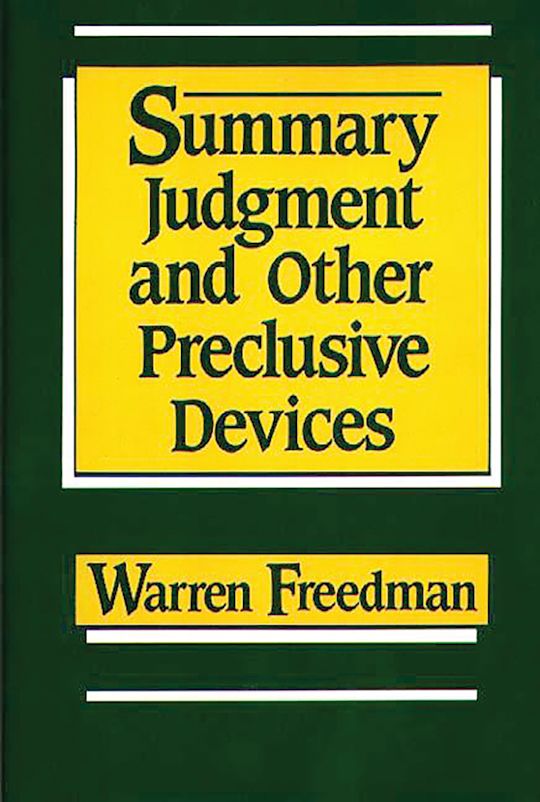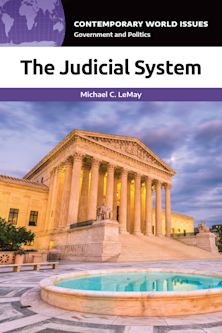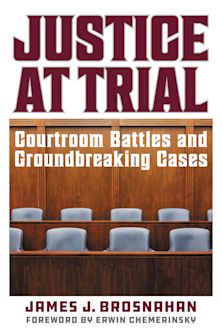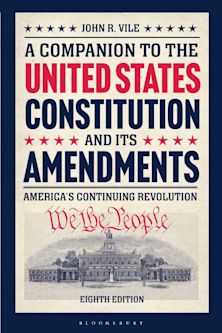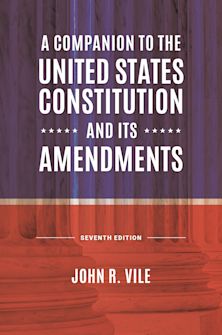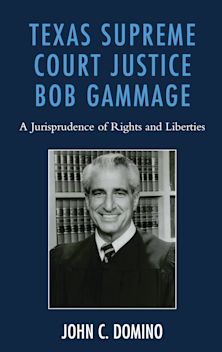- Home
- ACADEMIC
- Law
- United States Law
- Summary Judgment and Other Preclusive Devices
Summary Judgment and Other Preclusive Devices
This product is usually dispatched within 2-4 weeks
- Delivery and returns info
-
Flat rate of $10.00 for shipping anywhere in Australia
You must sign in to add this item to your wishlist. Please sign in or create an account
Description
The procedures of summary judgment as well as other preclusive devices have been hailed by many as an effective solution to the current overload facing American courts. In addition to promising speed, these alternative methods also contribute to reduced legal and court costs. Freedman presents a comprehensive discussion of the major preclusive legal mechanisms, amply supported by relevant case law and decisions. The author not only describes the use of such devices in detail but also indicates the circumstances under which such actions are most likely to be successful.
Following an introduction, Freedman presents an in-depth treatment of the motion for summary judgment and adjudication without trial. A general chapter on accelerated judgments is followed by a detailed description of the declaratory judgment. Subsequent chapters explore the uses of various preclusive techniques including provisional remedies, requests for admission and other time-saving devices, intervention and interpleader, release-dismissal and settlement agreements, bifurcation, and the summary jury trial. A separate chapter is devoted to the preclusive doctrines of res judicata and collateral estoppel, while the concluding chapter discusses court sanctions for nonpreclusion. Taken as a whole, this is a cogent, well-documented exploration of the use of preclusive methods in contemporary litigation.
Table of Contents
Introduction
The Motion for Summary Judgment
Adjudication without Trial: Common Preclusive Devices
Accelerated Judgments: An Overview
The Declaratory Judgments
Provisional Remedies: An Overview
Requests for Admission and Other Time-Saving Devices
The Art of Intervention
The Act of Interpleader
Release-Dismissal and Settlement Agreements
The Preclusive Doctrines of Res Judicata and Collateral Estoppel
Bifurcation as a Preclusive Trial Technique
The Summary Jury Trial
Court Sanctions for Nonpreclusion
Index
Product details
| Published | 06 Nov 1989 |
|---|---|
| Format | Hardback |
| Edition | 1st |
| Extent | 210 |
| ISBN | 9780899303772 |
| Imprint | Praeger |
| Dimensions | 235 x 156 mm |
| Publisher | Bloomsbury Publishing |









